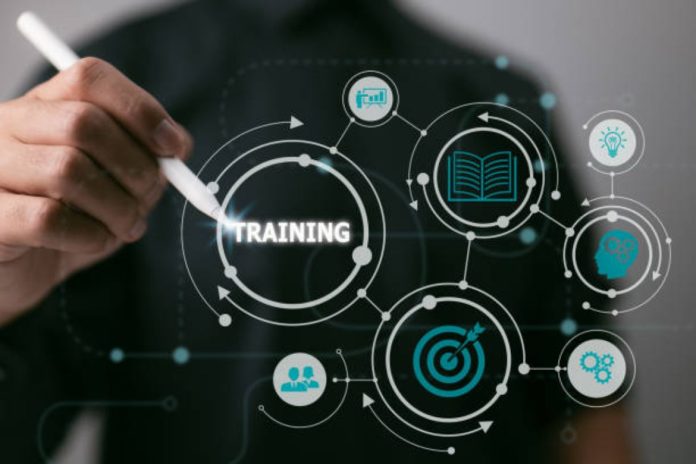Every industry has experienced immense change with increasing digitalization and the same goes for the education industry as well. Processes like e-learning have become more common now than ever before. All this is possible due to the SIS and LMS in existence. Let us dive deeper to understand what SIS and MLS are and how their integration can benefit the education industry.
Understanding Unified Student Information Solutions (SIS)
The concept of Unified SIS (Student Information Solutions) revolves around gathering and managing all the students’ data in one place. From academic performance to attendance, participation in extracurricular activities, and everything else, these unified systems are like a one-stop solution for all the student data management needs of the modern education industry.
It simplifies the process for education institution’s administration as they can store all the information in one place instead of keeping multiple records of it.
The Role and Functionality of Learning Management Systems (LMS)
A Learning Management System(LMS) is like a subset of the SIS. It is a technology that allows planning, implementing, and keeping track of a learning process. As the modern educational industry is more inclined toward e-learning, the usage of LMS has also increased.
Key features of an LMS
Below are some key features of an LMS:
- Course management: LMS makes content creation and management much easier. Educators can upload content in any format, including video, audio, PPT, or PDF. Also, they can upload the videos and drag & drop them to put everything in place.
- Content delivery: These platforms allow you to streamline the content delivery process, ensuring that all your content is delivered to the learners in the right format and at the right time.
- Assessment: In order to allow learners and educators to keep track of learning, these platforms allow you to add assessments and exams in between. You can add different types of questions and allow learners to measure their learning.
Benefits of LMS in Enhancing Teaching and Learning Experiences
Here are some benefits of LMS in enhancing teaching:
- Creating and managing content becomes easier for the teachers.
- Students can better access the learning content through an LMS.
- Measuring a student’s progress is easier by taking regular e-assessments.
- It improves the productivity of students as well as teachers.
Integration of SIS and LMS
Integrating SIS with an LMS can be highly effective in improving learning processes while also keeping students’ data in one place. While an LMS makes it easier for teachers to manage all the teaching content, SIS can streamline other processes like tracking students’ performance, attendance, engagement details, activity level, and more. An integration of these two systems can improve the overall productivity of educational institutions, allowing teachers to simplify tasks and focus more on academics.
Advantages of Unified Solutions
Some of the key advantages of unified solutions are as follows:
- More simplified and streamlined processes.
- Improved communication between teachers and children or between teachers and parents.
- Easier scheduling as tasks like creating a timetable can be automated.
- Reduced workload for teachers.
- Accessing students’ data is easier.
Future Trends and Considerations
In the near future, the demand for SIS software is likely to increase. We can expect that things like student attendance software and learning management systems will become more common in educational institutions. Schools or higher educational institutions that still rely on traditional methods for storing students’ data should now consider switching to a student management system.
Conclusion
Modern schools and higher educational institutes are now considering digitalizing their processes to make things more accessible for students and more streamlined for teachers. Integrating SIS software and LMS can provide the best learning management solution for higher education.








